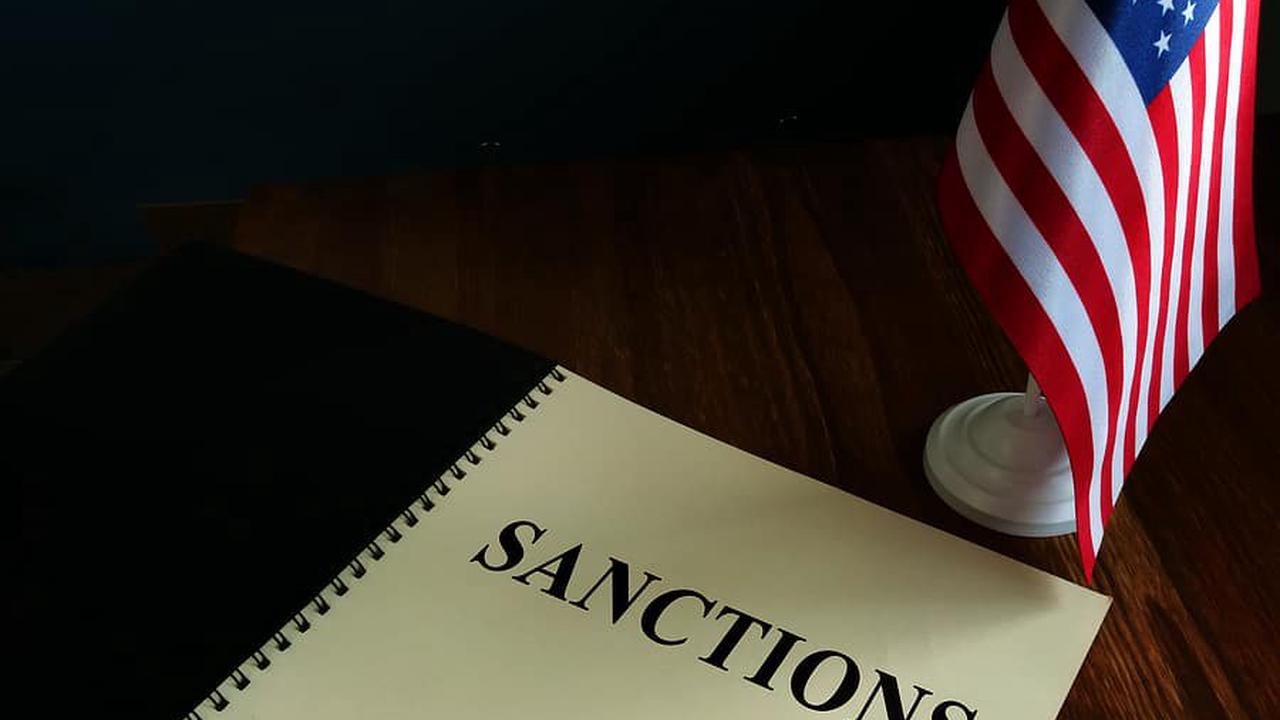The importance of such a question is that even regulations blocking Europe to prevent third-country sanctions have not been very effective. For example, Article 6 of EU law, which allows natural and legal persons to confiscate US property in the EU, has not been influential in practice and not been implemented.
From a commercial point of view, organizing small and medium-sized companies and linking between Iranian and European companies of this kind is a way forward, but for selling oil and financial exchanges, complementary solutions are needed. In addition, supply of goods and basic needs of domestic production sector or consumer needs is another important issue that even if it is outsourced to the private sector, it needs to be managed by the public sector.
Previously, it was thought that setting up a clearing house could solve the financial exchange problem by having Company A from Europe enter into a credit account for the Iranian side in exchange for oil purchases from Iran, which would be done by Company B, that is to say the European seller of a capital or consumer good and through transferring the good to Iran, will be cleared. Of course, in organizing such system, the issue of balance of payments and trade balance should be resolved that the possibility of the Iranian side buying the equivalent of Euros of oil money or other Iranian export goods and selling European export goods in the same amount can be a solution to such issue. The unsuccessful experience of Instex made such solution ineffective.
Large European companies, or even the European Central Bank, have little chance of escaping the US punishments and are less motivated because for companies like Total, trading with Iran means accepting US punishment, and European countries have already stressed that they must be realistic in compensating punishment of European companies. However, a low-cost possibility is to use the potential of small and medium-sized companies, which can serve as basis for countering sanctions and developing economic relations between Iran and other countries.
In general, small and medium-sized companies have the ability to adapt quickly to economic-political developments, and now a significant part of the economic enterprises operating in the world are small and medium-sized companies. But as Iran-Europe relations develop, large European transnational corporations have branches in the United States, and thus their trade with Iran increases the risk of their punishment by the US.
Even companies that do not export to the United States, conduct their international trade in US dollar. As a result, the first two groups of European companies have no incentive to maintain economic and trade relations with Iran, and the possible US punishment for them will be so great that European countries will not be able or willing to compensate punishment of such companies. But regarding small and medium-sized companies that have no business-financial relationship with the United States are not at the pre-mentioned risk. Therefore, such companies are the best option for doing business with Iran and, consequently, circumventing the US sanctions.










0 Comments